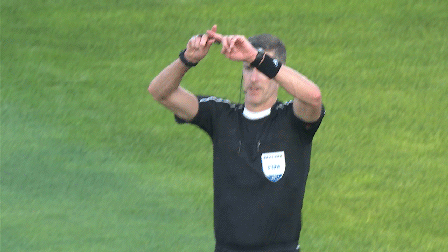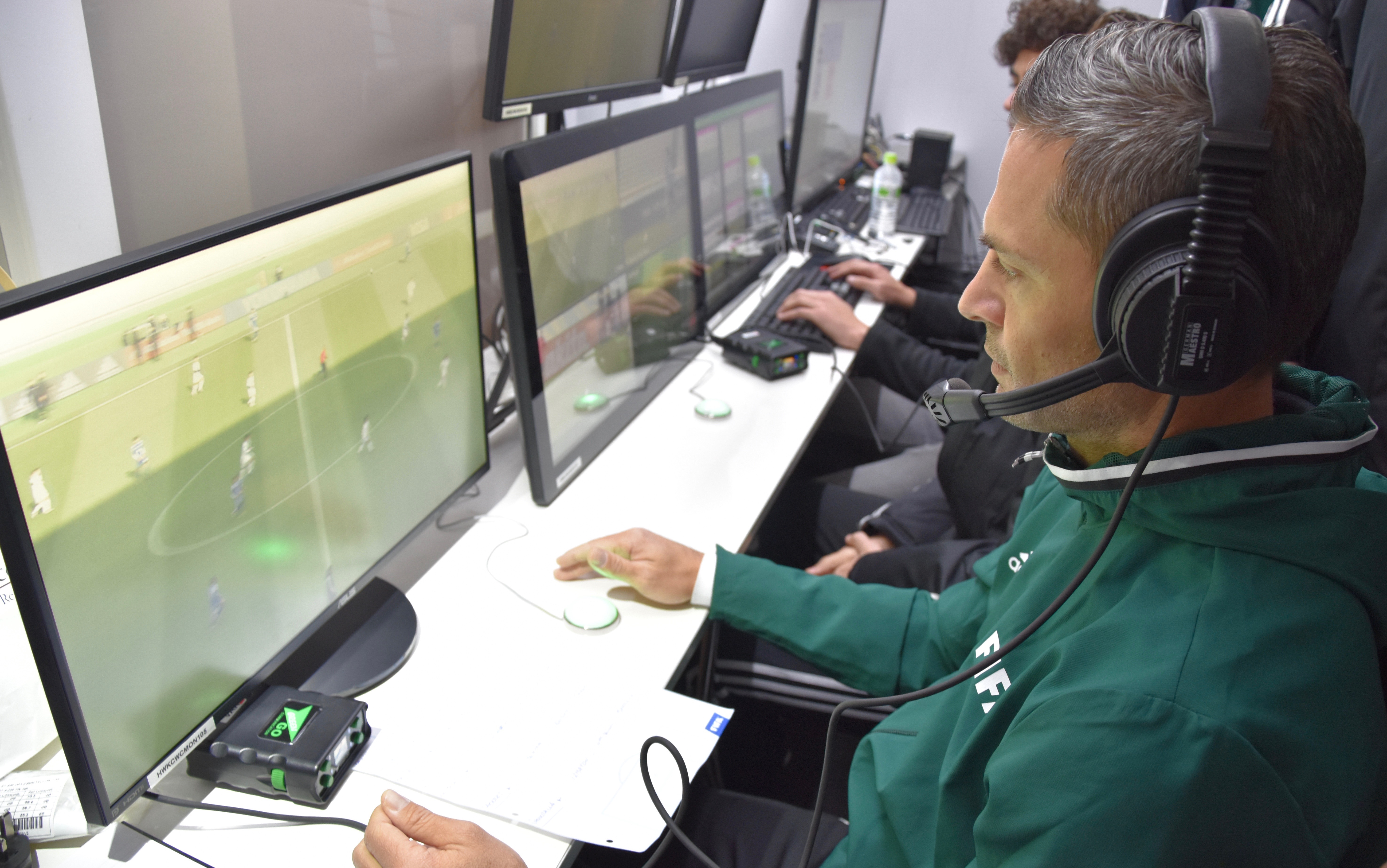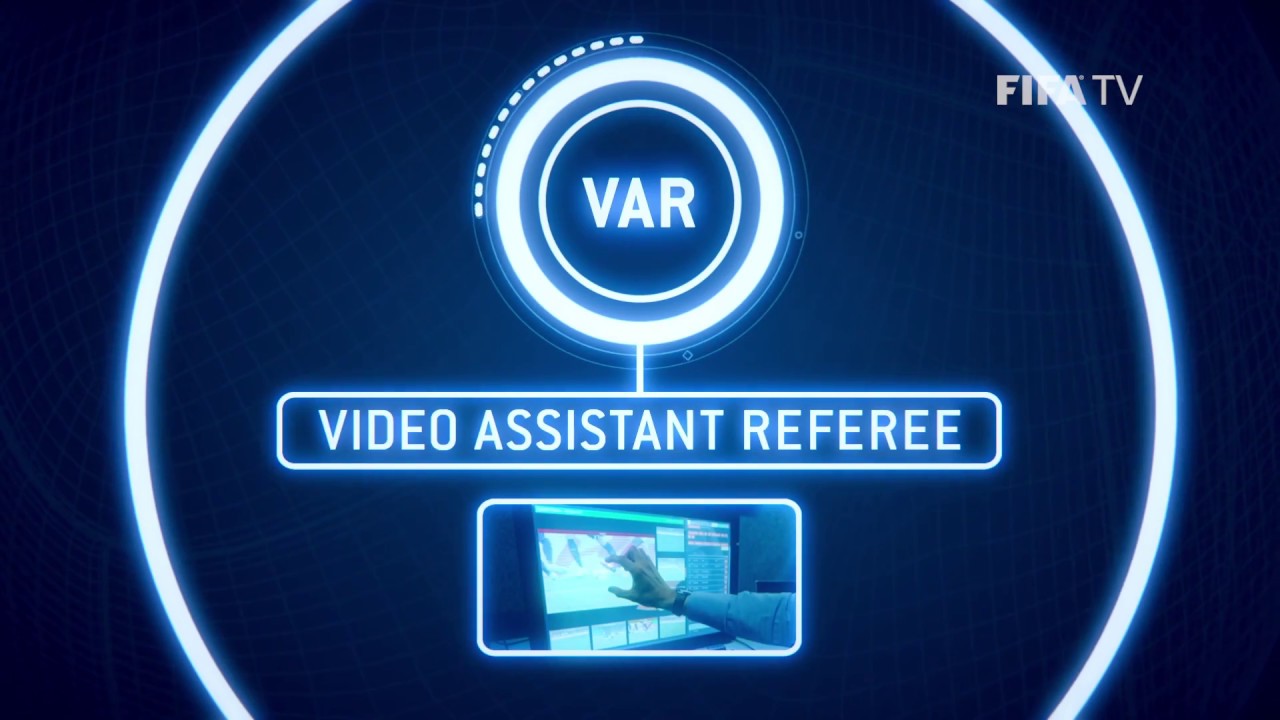
VAR Signal Replay
One of the most famous goals in World Cup history has got to be the goal by Argentine player Maradona in the 1986 World Cup match against England in the quarterfinals. While many of us were too young to remember (or most likely not even born yet), we all heard about the infamous goal that Maradona scored using his hand. Argentina went on to win the World Cup that year. But if VAR (Video Assisted Referee) was used back then, the outcome could have been very different.
While other sports such as tennis and cricket have been using video technology for years, it has taken time for football to catch up-technology wise. Despite the controversial hype about using VAR to support referee decision-making in football, a unified final decision was made by the International Football Association Board in Zurich to apply the new system in this year’s World Cup matches and introduce it as a permanent addition. For those of you who haven’t heard about it yet or don’t know what it means exactly, here is your VAR 101.

- The VAR is considered the first use of video technology to calibrate decisions in all football history.
- The system entails a team that monitors all broadcast cameras and two cameras focused on offsides.
- It is meant to determine clear errors only in goals awarded, penalty decisions, red card incidents and the wrong player getting sanctioned (mistaken identity).
- The final decisions still fall to the referee. The VAR simply assists in the decision making process.
- The VAR team revises the footage and advises the referee by contacting him through a headset throughout the match.
- VAR trials were carried out in the FA and Carabao Cups last season, and also in the German and Italian leagues.
- An independent study, conducted by Belgian University KU Leuven, concludes that VAR helps increasing accuracy from 93 percent up to 98.8 percent.
- Less than a minute of playing time is expected to be lost through using VAR, in comparison to almost nine minutes associated to free kicks.
- VAR decisions will be broadcasted on the big stadium screens for spectators to see but there will be no replays until the referee has made his decision so that he does not get swayed by the crowd.
- Criticisms against VAR range from debates about football laws being subjective in nature to the issue of people lacking ability to see VAR decisions from venues with no access to the large screens (a problem still being reviewed by FIFA).

Commenting on VAR approval for this year’s World Cup, French football manager Arsène Wenger said, “Video will help the referees, not question their authority. It will give them more credit, more authority and fewer mistakes. Football is the first sport in the world today but we have to accept we have the most conservative approach to the game than any other sport.”

Referee reviews the VAR footage during the FIFA Confederations Cup Russia 2017. (Photo by Alex Grimm – FIFA/FIFA via Getty Images)
Former Portuguese National player Nuno Gomes also said, “With the use of the technology, the mistakes will be diminished and there will be more justice in football.” Well, we sure hope so!



